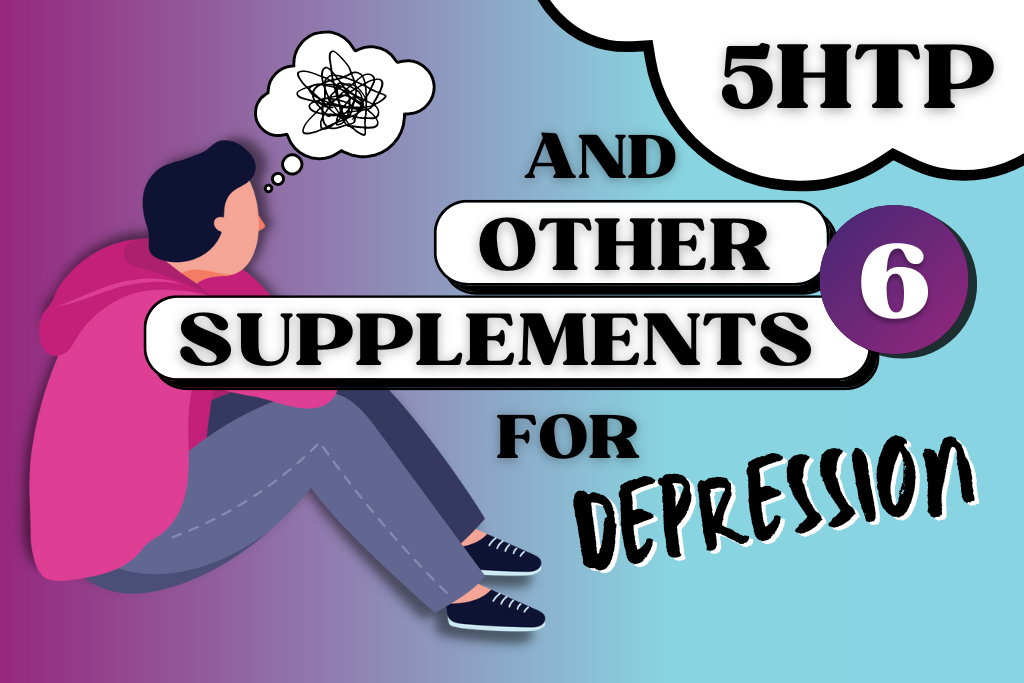
PDA vs. AuDHD: Demystifying the Overlap
Both Pathological Demand Avoidance (PDA) and AuDHD (co-occurring Autism Spectrum Disorder and Attention Deficit Hyperactivity Disorder) involve complex neurodevelopmental differences that can manifest in overlapping ways. Interestingly, both conditions are profiles of autism and ADHD, but they manifest differently. Understanding the complexities of each condition is crucial for providing appropriate support and navigating challenges effectively. PDA: Defying Demands, Seeking Control













